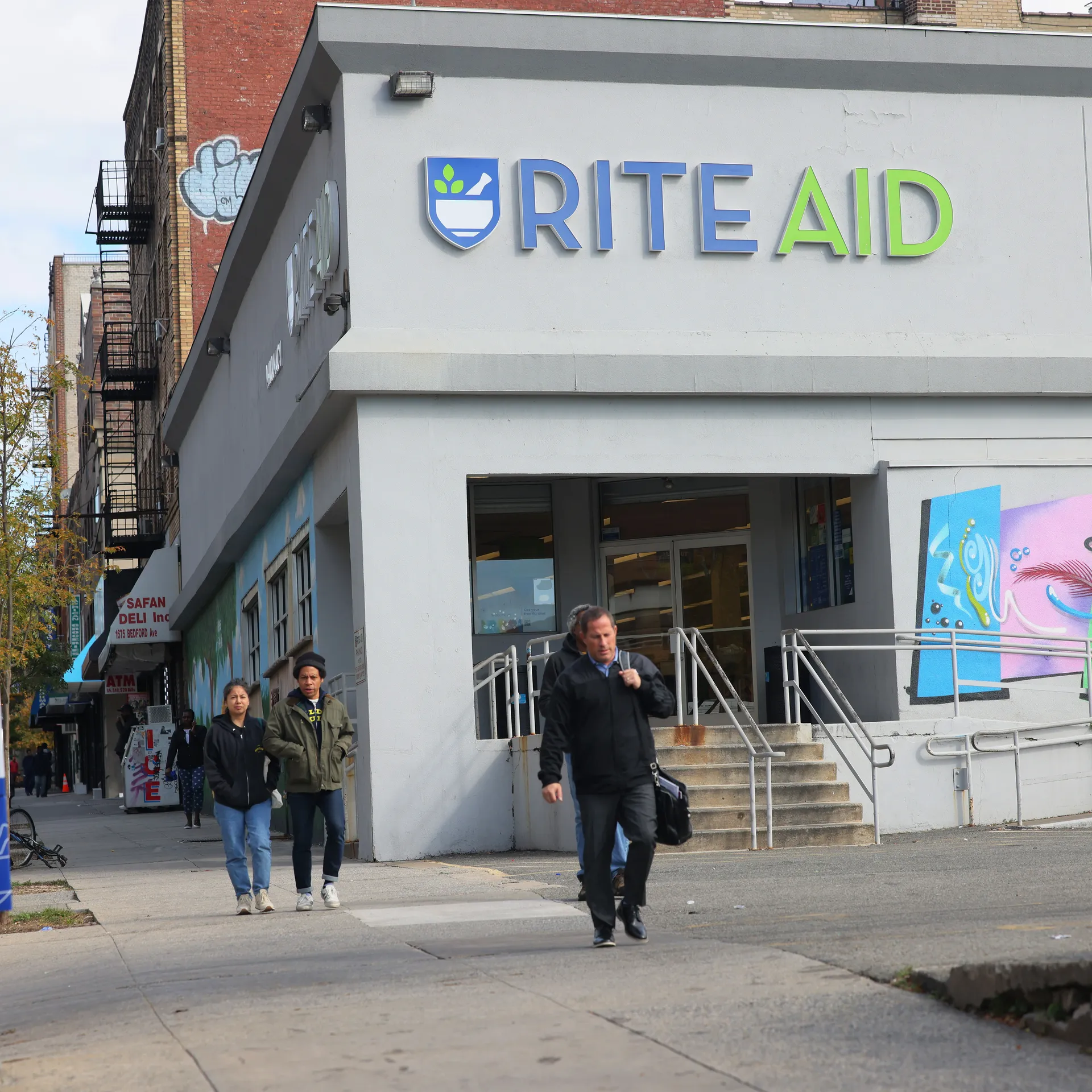Rite Aid filed for Chapter 11 bankruptcy protection in New Jersey on Sunday and announced plans to restructure significantly to reduce its debt burden.
The company disclosed it had reached an agreement with creditors on a restructuring plan, which involves assessing its retail footprint and shutting down underperforming stores.
Additionally, Rite Aid secured commitments from lenders for $3.45 billion in new funding to ensure adequate liquidity during the restructuring process.
Facing declining revenues, escalating debt, and legal challenges related to the opioid crisis, Rite Aid reported a decrease in revenue for its most recent quarter ended June 3 to $5.65 billion, down from $6.01 billion a year earlier.
The net loss widened to $306.7 million, or $5.56 per share, compared to $110.2 million, or $2.03 per share, in the same period last year.
Consequently, the company revised its fiscal 2024 outlook downward, projecting a full-year loss between $650 million and $680 million.
Despite historically relying on its retail pharmacy segment for growth, Rite Aid has struggled to offset losses.
Factors contributing to its revenue decline include reduced demand for Covid vaccines and testing, a membership decrease in its prescription drug plan, and customer attrition from its Elixir pharmacy benefits business.

Jeffrey Stein has been appointed as Rite Aid’s new CEO and chief restructuring officer, as well as a board member, replacing interim CEO Elizabeth Burr.
Rite Aid Chairman Bruce Bodaken expressed confidence in Stein’s leadership, stating, “Jeff is a proven leader with a strong track record of guiding companies through financial restructurings.”
Stein emphasized his belief in Rite Aid’s potential, affirming, “I have tremendous confidence in this business and the turnaround strategy that has been developed in recent months.”
The challenges faced by Rite Aid reflect broader struggles within the retail pharmacy sector, where competition from online retailers like Amazon, Target, and Walmart has intensified.
CVS and Walgreens have adapted by expanding into healthcare services, with CVS acquiring companies like Aetna and Walgreens investing in primary-care facilities through partnerships.
Moreover, Rite Aid is grappling with numerous lawsuits alleging its role in the opioid epidemic.
The Department of Justice filed a lawsuit earlier this year accusing the company of violating the Controlled Substances Act by dispensing unlawful opioid prescriptions.
Rite Aid has contested these allegations in court, seeking dismissal of the lawsuit and denying any wrongdoing.
The combination of financial pressures, competitive dynamics, and legal challenges poses significant hurdles for Rite Aid as it navigates its restructuring and seeks to stabilize its operations for future growth.
